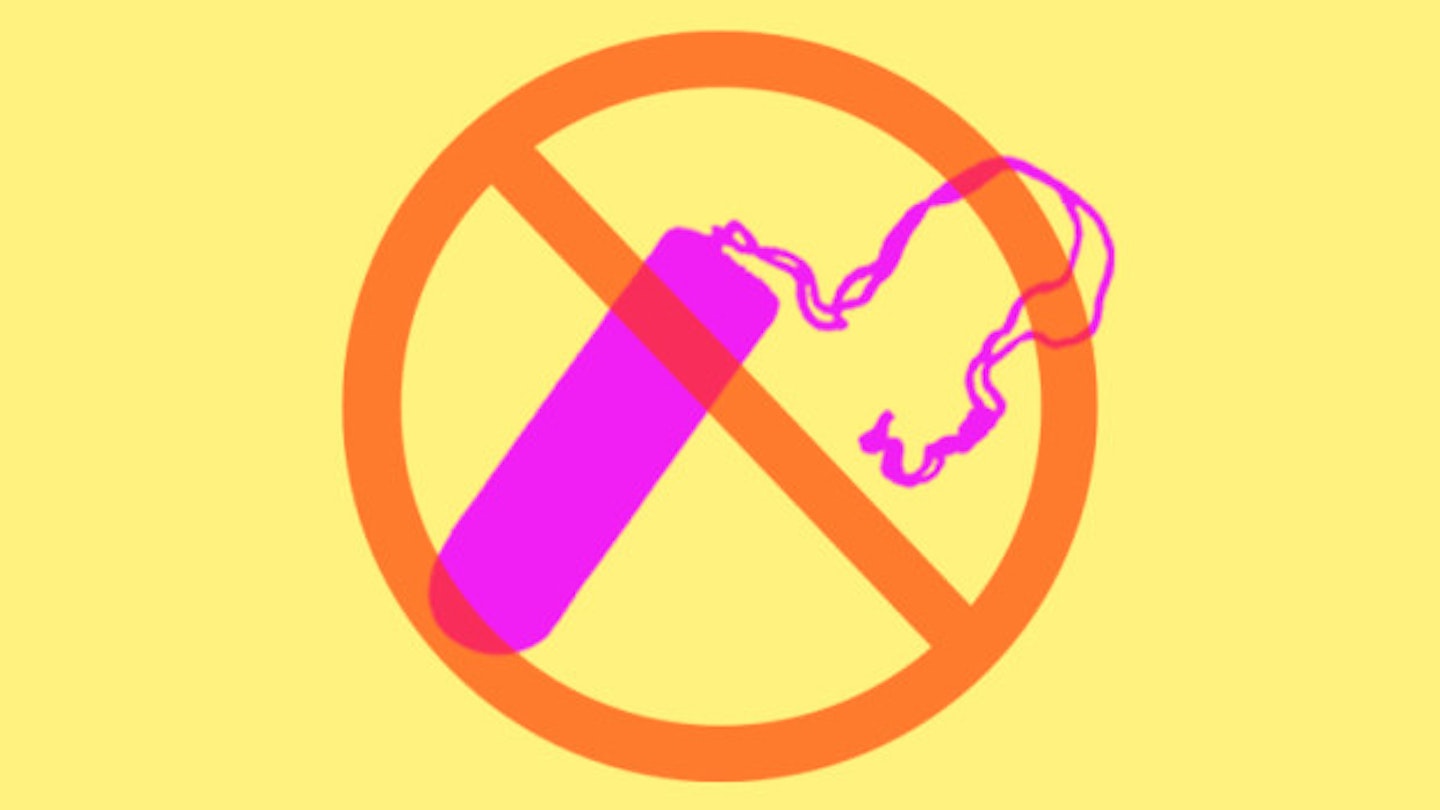We all know about Toxic Shock Syndrome (TSS) and the dangers it poses to our health. However, this bacterial infection, when put into context considering how many women use tampons every month without experiencing severe health problems, is very rare.
There is, however, apparently, a more common problem with tampons that you might not even know about: shedding.
Lauren Richardson, 19, from Mildenhall, recently bought a packet of Florette tampons from her local branch of Aldi. Something didn’t feel quite right after using one, so she went to remove it 5 minutes after inserting it. She claims that it was then that she discovered it had ripped in half while inside her.
She told the Daily Mail, ‘I can’t believe how bad these tampons are – when I discovered it I was really shocked.’
Lauren then did a test, putting the tampons in water and recording what happened to them. The photographs she took appear to show the tampons dismantling, or ‘shedding’ shortly after being placed in liquid. She is now calling on women to boycott this particular brand of tampons because of risks it may pose to women’s health.
The Mail reports that a spokesperson for Aldi has said that all of their feminine hygiene products are ‘rigorously tested prior to going on sale.’ They also say they have asked Lauren to return the product to the store so they ‘can investigate this issue as a matter of urgency.’
Rather worryingly, tampons ‘shedding’ whilst they are inside a woman’s body is not uncommon, according to organic tampon company Time Of The Month (TOTM). They say that, on average, women use roughly 11,000 tampons in their lifetime. According to them most mainstream tampon manufacturers use synthetic fibres which are also bleached, and these fibres shed directly into the vaginal wall.
A spokesperson for TOTM said ‘it’s a bit like getting a jay cloth and covering it with Domestos and rubbing it on your face.’ They say their tampons are deliberately made from 100% pure, certified organic cotton which is rayon, viscose, chlorine and dioxin free. Their products are also unperfumed.
However, to confuse things further, the Tampax website claims that ‘leading scientists at Harvard, Dartmouth, University of Wisconsin, University of Minnesota and the U.S. Centers for Disease Control have conducted extensive testing confirming that rayon and cotton are equally safe.’
The Debrief decided to look into this. We spoke to the British Standards Institution, the UK’s National Standards Body, who told us that there is currently no kitemark for tampons in place in the UK. The Kitemark is the registered trademark owned by the British Standard Institution, and is accepted as a sign of reliability.
Indeed, when you check on the government’s MHRA website (Medicines and Healthcare products Regulatory Agency) tampons are classified as a ‘cosmetic/toiletry product’ and not a’ medical one’, meaning they are not subject to the same regulations under the EU’s medical devices directive as, say, incontinence pads, breast pumps or heat pads which claim to work as pain relief.
We find this a bit strange over here at The Debrief, given that most women use tampons every month, inserting them into their bodies for a large proportion of their lives. It seems rather odd that there would be a kitemark for condoms, a minimum standard, but not for tampons, doesn’t it?
You might also be interested in:
Follow Vicky on Twitter @Victoria_Spratt
This article originally appeared on The Debrief.
